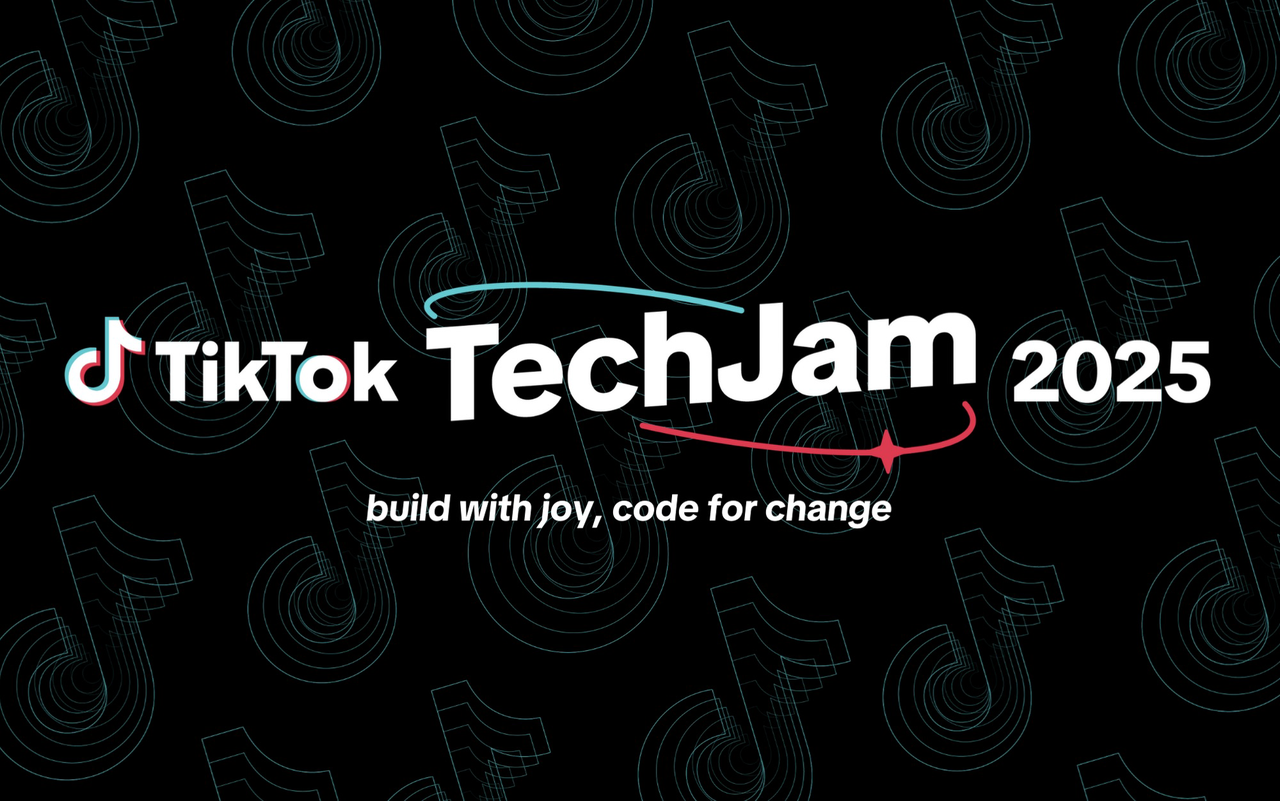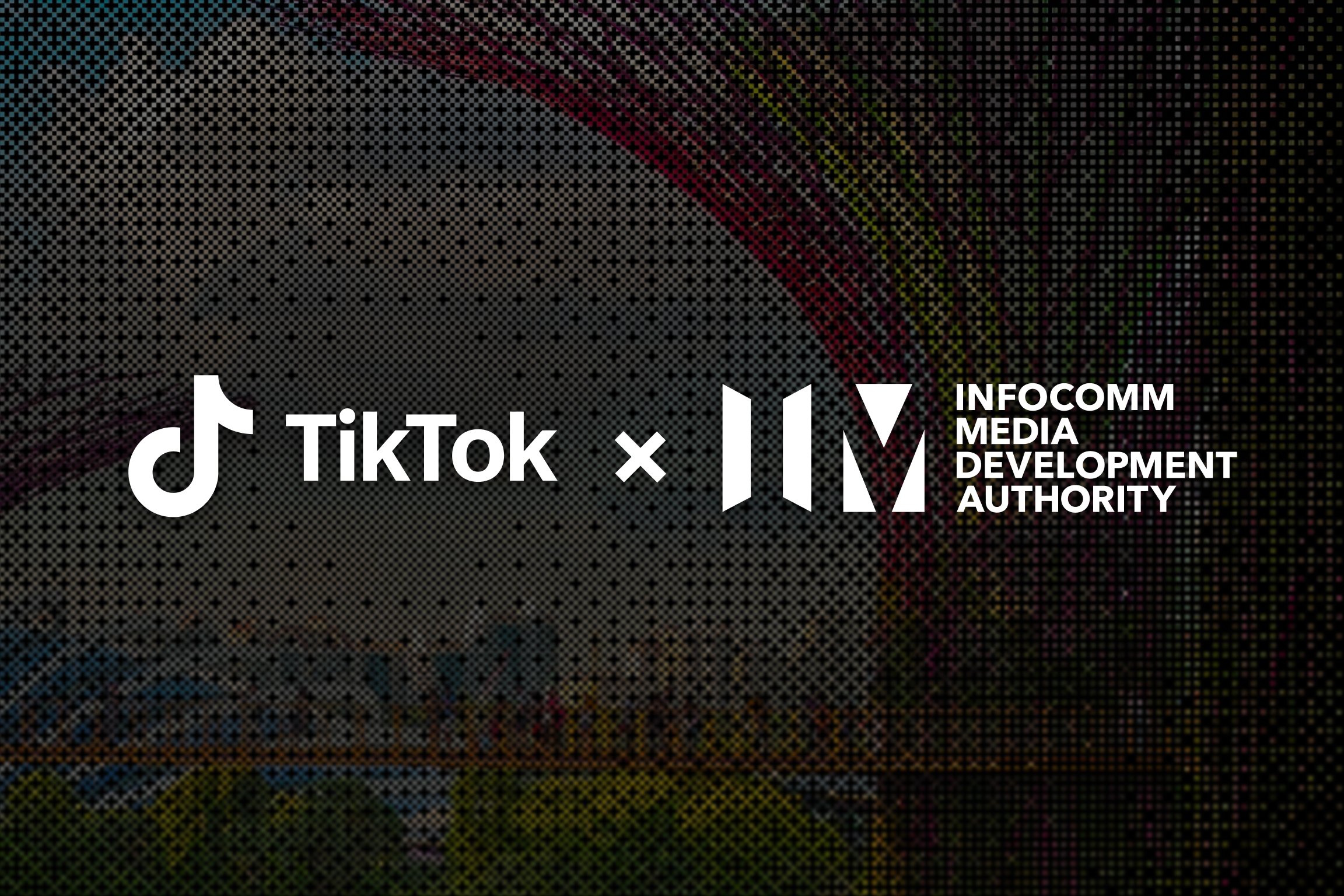TikTok's privacy team recently joined a Privacy Enhancing Technologies (PET) Initiative roundtable at the Open Source Summit North America 2025. This Linux Foundation BoF (Birds of a Feather) session brought together industry privacy experts, including representatives from TikTok, the Confidential Computing Consortium (CCC), and other partners, to collaborate on open source privacy tools. The meeting featured updates on TikTok's ongoing work on privacy innovation and open source projects, technical talks on privacy preserving analytics, and discussions about community engagement. Privacy-enhancing technologies like secure multi-party computation, differential privacy, and trusted execution environments are crucial for enabling data driven insights while protecting user data.
TikTok's privacy innovation and open collaboration
TikTok highlighted its open source Privacy Innovation initiative, an open source effort launched in 2023 to advance data privacy through cutting edge technologies. Privacy Innovation encompasses projects such as PrivacyGo, PETAce, and ManaTEE (the PrivacyGo Data Clean Room). PrivacyGo is an open source framework that fuses multiple PETs (differential privacy, multi-party computation, homomorphic encryption, etc.) to maximize privacy protection. Similarly, PETAce provides a toolkit of cryptographic protocols (secret sharing, homomorphic encryption, oblivious transfer) for privacy-preserving joint computation. TikTok's engineers explained these efforts are aimed at embedding privacy "at every layer" by using open source implementations to build trust. In fact, TikTok recently donated the ManaTEE project (https://github.com/manatee-project/manatee/) to the Linux Foundation's Confidential Computing Consortium, enabling a broader community to develop secure data collaboration solutions. ManaTEE (originally "PrivacyGo Data Clean Room") is a trusted research platform built on Trusted Execution Environments (TEEs) that allows multiple parties to collaborate on sensitive data without exposing raw inputs.
Open source is viewed by TikTok as key to innovation; as one of our blogs notes, "open source has been a key driver of innovation" and moving ManaTEE to an open governance model will "further accelerate its development and adoption, benefiting the wider community." The team encouraged all partners to contribute via GitHub, with plans to invite attendees as collaborators and to share design documents publicly. This aligns with TikTok's broader philosophy of transparency and community. We've engaged developers at events like OSS NA and academic conferences, and we continually invite contributions on GitHub.
Privacy-preserving analytics and ad measurement
A major technical focus was on privacy-preserving computation. TikTok presented a case study combining Multi-Party Computation (MPC) with Differential Privacy (DP) to enable secure ad campaign analytics. This approach, known as DP-PSI (Differentially Private Private Set Intersection), lets two parties compute the intersection of user sets (e.g. ad viewers and purchasers) without revealing individual records. As described in our research, the DP-PSI protocol "organically integrates a PSI protocol with a two-party differentially private (DP) mechanism" to compute intersection statistics while preserving DP guarantees. In practice, this means ad platforms can measure conversions without seeing each other's raw user data, adding carefully calibrated noise to protect individual privacy. The TikTok team noted that by adding such privacy "masking" and reducing the amount of intersection data revealed, the protocol substantially mitigates membership inference risks. This example illustrates how combining PETs can produce practical, privacy first solutions, a theme echoed by the PrivacyGo initiative: "PrivacyGo strives to seamlessly integrate various PETs, such as DP, MPC, and homomorphic encryption… to enhance user privacy protection."
Discussions also touched on the limitations and risks of PETs. For instance, while differential privacy mathematically protects individual data, recent research has shown that improperly applied MPC protocols can leak membership information. TikTok engineers emphasized the importance of rigorous design and review. They said the PrivacyGo framework is open sourced to invite academic scrutiny, and it addresses known vulnerabilities (e.g. membership leakage) by design. Throughout the session, speakers reiterated that privacy solutions must be evaluated both by system design and by testing against possible attacks.
Collaboration, standards, and next steps
A key outcome of the roundtable was a consensus on community driven development. The group agreed to improve coordination by updating documentation and access for all participants. Action items include updating the GitHub README (with technical charters and contribution guidelines) https://github.com/lfpet/Linux-Foundation-Privacy-Enhancing-Technologies-Initiative, fixing links for mailing list subscriptions https://lists.privacyenhancingtech.org/g/technical-discuss, adding wiki links:
- Home
- LF PET Events
- LF PET Initiative Documents
- LF PET Initiative Presentations
- LF PET Initiative Technical Steering Committee (TSC)
- LF PET Initiative ‐ Supporting Organizations
- LF PET Technical Meetings
and inviting attendees to the repository. The team plans to set up a dedicated Slack channel to facilitate ongoing conversation and to broaden outreach.
Participants also discussed the importance of aligning privacy enhancing technologies with evolving global standards. The initiative aims to engage with experts and stakeholders to support responsible development and adoption of PETs.
Finally, the group discussed announcing the initiative publicly, targeted for the Linux Foundation EU Open Source Summit in August. Partnerships were also a topic: the team plans to reach out to other leading technology organizations to invite collaboration on privacy technology.
Want to participate?
- Update project documentation: Improve the GitHub README with links to the technical charter, contribution agreements, and key documents.
- Fix collaboration tools: Correct broken links (e.g. for the mailing list) and add links to project wiki from the repo.
- Expand team access: Invite all meeting participants as GitHub contributors to ensure inclusive collaboration.
- Community channels: Set up a public Slack channel for the PET initiative to engage developers and researchers.
- Public outreach: Plan an official announcement of the Linux Foundation PET initiative, targeting the Europe Summit in August.
- Partner outreach: Reach out to potential industry partners (including leading technology organizations) to collaborate on PET development.
- Regulatory and policy awareness: Encourage ongoing awareness of evolving privacy expectations and explore ways to support education and responsible adoption of PETs across regions.
- Education and courses: Continue building technical courses and resources to lower the barrier for developers adopting PETs.
The Linux Foundation PET roundtable was a productive step toward open, collaborative privacy innovation. TikTok's contributions – from PrivacyGo and PETAce to the ManaTEE clean room platform – underscore our commitment to privacy by design. As we move forward, we remain focused on building trust through transparency and partnership, working with the community to bring cutting-edge privacy technology into practice.
 Want to stay in the loop?Subscribe to our mailing list to be the first to know about future blog posts!
Want to stay in the loop?Subscribe to our mailing list to be the first to know about future blog posts!
